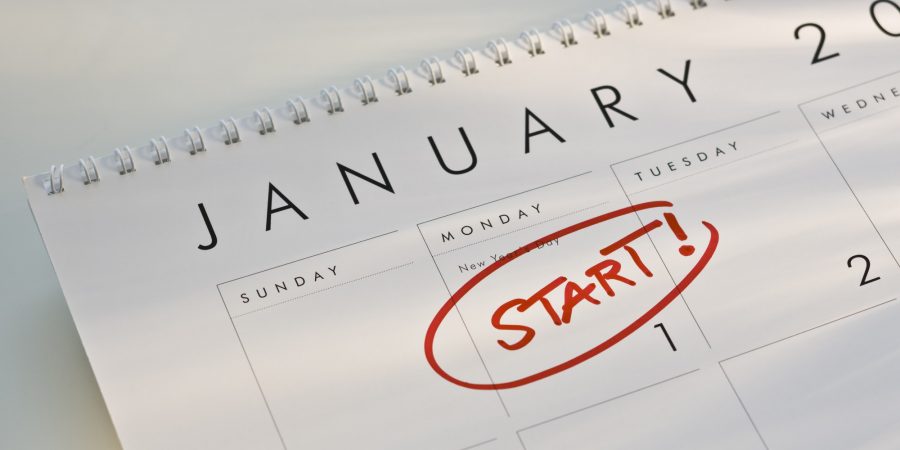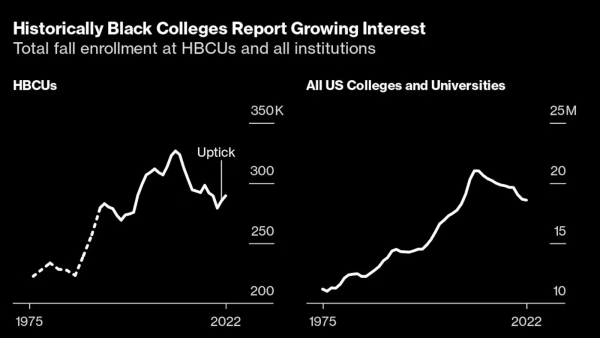Teachers Say: Don’t Make Resolutions!
Start on January 1
We all want to make ourselves the best person we can be. However, doing so can prove quite a challenge at times, especially when it comes to specific goals we set as the ball drops on New Year’s Eve.
According to statisticbrain.com, approximately 38% of Americans never make a New Year’s resolution, and 45% frequently do. Only 8% of those who do are successful in accomplishing their resolutions, and 24% of those who do, fail to attain their resolutions. The most common New Year’s resolution made involves increasing fitness and activity, according to CNN.
Apparently, several teachers of West Orange High School are part of that 38% who do not choose to make a resolution.
English teacher Mr. Favetta shared his own complex thoughts on New Year’s resolutions, “For many years, my resolution has been to stop making resolutions. Many people make resolutions to try to change a habit, make an improvement in their lives or set a goal. While this is admirable, I don’t feel the New Year’s Resolution is an effective way for me to accomplish something like this. Making some big declaration to change is easy to say, but hard to do, and I give up by Valentine’s Day.
“To really achieve a goal I need a clear goal and a definite plan to reach it. If I am serious about it, I’m not waiting around until New Year’s Day to start. So that’s why I have resolved to stop making resolutions, but I set and reach (and sometimes fail to reach) goals all year long.”
“I’ve tried in past years and have always failed at keeping them,” says WOHS algebra teacher Jonathan Tick.
Some say making New Year’s resolutions only puts more pressure on your shoulders. “I believe you’re setting yourself up for failure by making resolutions,” says WOHS guidance counselor Aldo Casale.
Approximately 42% of Americans made a New Year’s resolution for 2017. When someone sets a goal too high for themselves, and they fail to meet it, the feeling of unfulfillment only crushes them even more. However, if they give themselves more realistic objectives, they can reduce the odds of failure, and feel more confident than skeptical.







































































